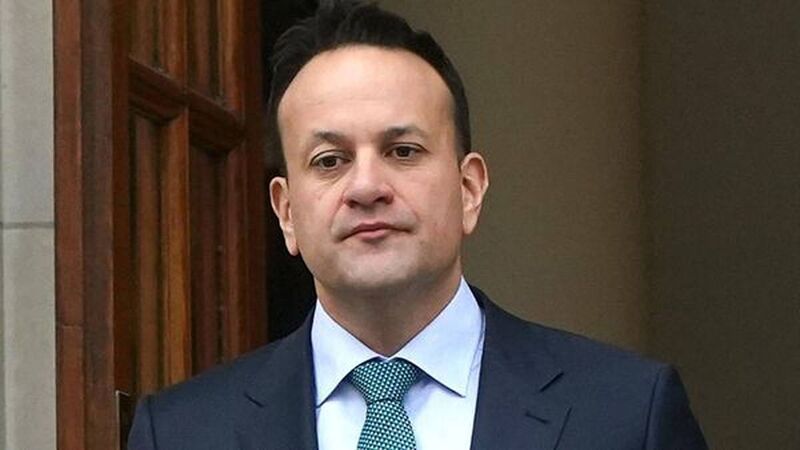Minimum wage may not increase again next year, says Leo Varadkar

Taoiseach Leo Varadkar acknowledged the cost of doing business remained very high, with that partially due to pay.
Taoiseach Leo Varadkar has signalled the Government may not further increase the minimum wage next year, saying there is no point increasing wages if a person has their hours or job cut.
Speaking during Leaders’ Questions, Mr Varadkar acknowledged the cost of doing business remained very high, with that partially due to pay.










